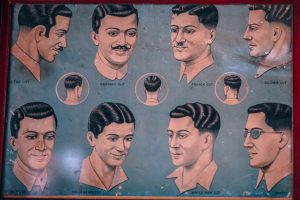The Time I Method Acted a Clock
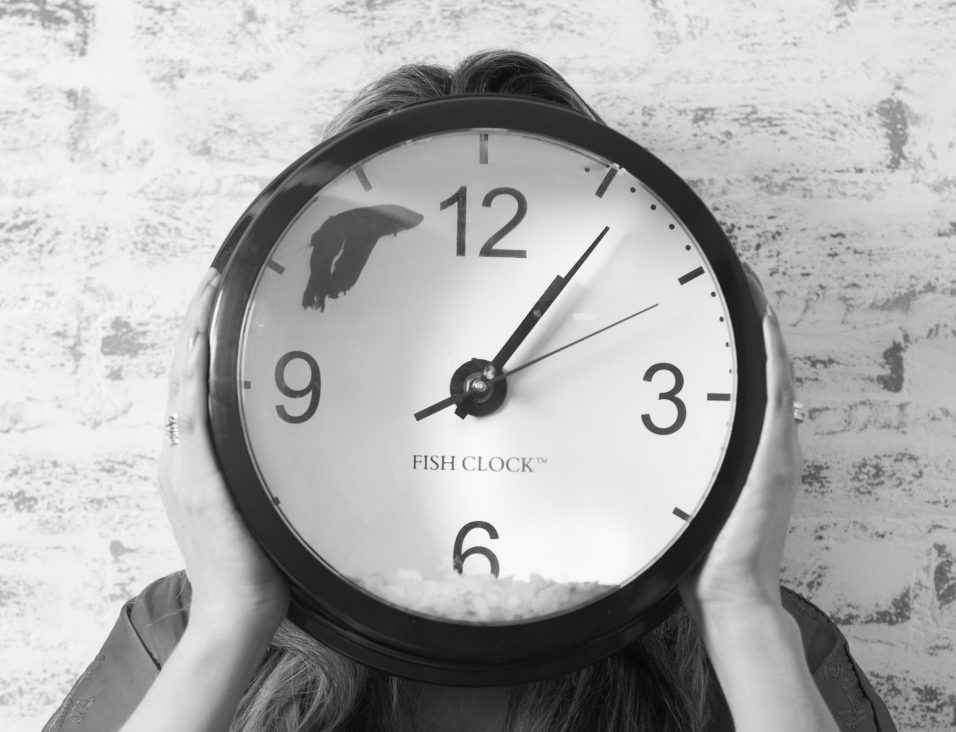
I had a ridiculous childhood in many ways. On the one hand, I was a free-range kid whose parents more or less stopped worrying about my whereabouts or safety between the hours of 8AM and 8PM — seriously, my childhood was filled with me just rambling around Jersey City dodging serial killers and clowns offering free candy1. On the other, I was involved in a lot of organized activities like Little League and the Boy Scouts2, and also found time to collect approximately 5,000 Star Wars figures and create complex dioramas with them that told intricate fan fiction stories.
Like I said: Ridiculous.
I wasn’t a shy kid, not really, but like a lot of people who grow up to become writers I also was not exactly a Type-A, Put Me In Coach person who craved the spotlight3. I feared the spotlight; then as now I much preferred to stay in the shadows like Gollum and gurgle my sarcastic asides to myself in the safety of anonymity. Like a lot of authors, in other words, I am and have always been more comfortable writing than performing.
Which is problematic when you’re trying to sell your work, because you’re pushed to get out there and do a bit of performing in order to do so. Whether it’s readings or panels or social media, this sort of thing can be painful for a writer. For me, any time I’m forced to be in front of a crowd I get extremely sweaty4. Sadly, if you want to try and market your work you’ll find yourself in front of a crowd at some point, and if you’re like me you’ll be sweating like a nervous wreck and possibly5 chugging from an unmarked bottle of liquor.
Here’s what not to do: Don’t be like me and the clock.
Look Upon My Many Participation Trophies!
Childhood is, of course, filled with bullshit. I wasn’t in Little League and Boy Scouts only because I wanted to be; I was there in part because my parents, like all parents, needed me out of the goddamn house on a regular basis. As I’ve grown older and found myself occasionally dealing with children, I have come to understand the need to keep them busy at all times6.
This means sometimes as a kid you get thrust into strange places. When I was in Cub Scouts we put on a play and everyone was more or less obligated to participate, so we all got some sort of role. I was cast as: The Clock7. This entailed standing on stage holding a cardboard clock face.
That was it. I had no lines8.
I was petrified, and extremely unhappy about the whole thing, so when the time came to stand on stage for what seemed like infinity, I took that clock face and held it directly in front of my real face so I couldn’t see the audience. And stood there like that for the entirety of the play, with all the adults whispering from the wings and urging me to show my face9.
Fuck that, I thought.
That’s how I view promoting myself, but of course you have to get out from behind the, er, clock face, which isn’t easy if it doesn’t come naturally. The key is to come up with a virtual, transparent clock face of sorts — a persona to hide behind, a shtick. The more distance you can put between yourself and that sweaty idiot standing in front of a crowd, the more comfortable you’ll be10.
Or, why not — go for the literal clock face. Your shtick could be Clock Face Man! Which is better than what we all are in public these days: Pandemic Face Mask Person.

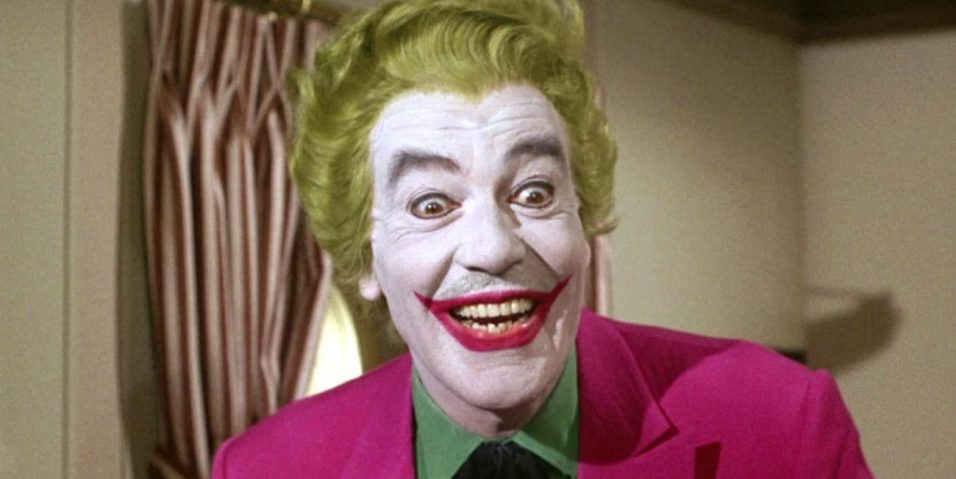
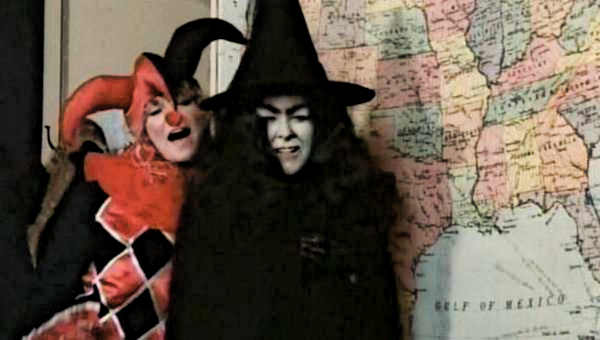
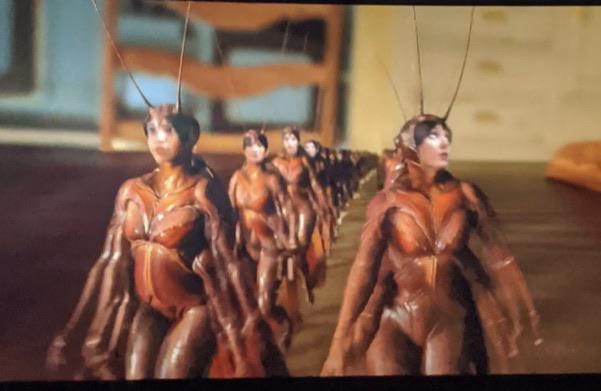
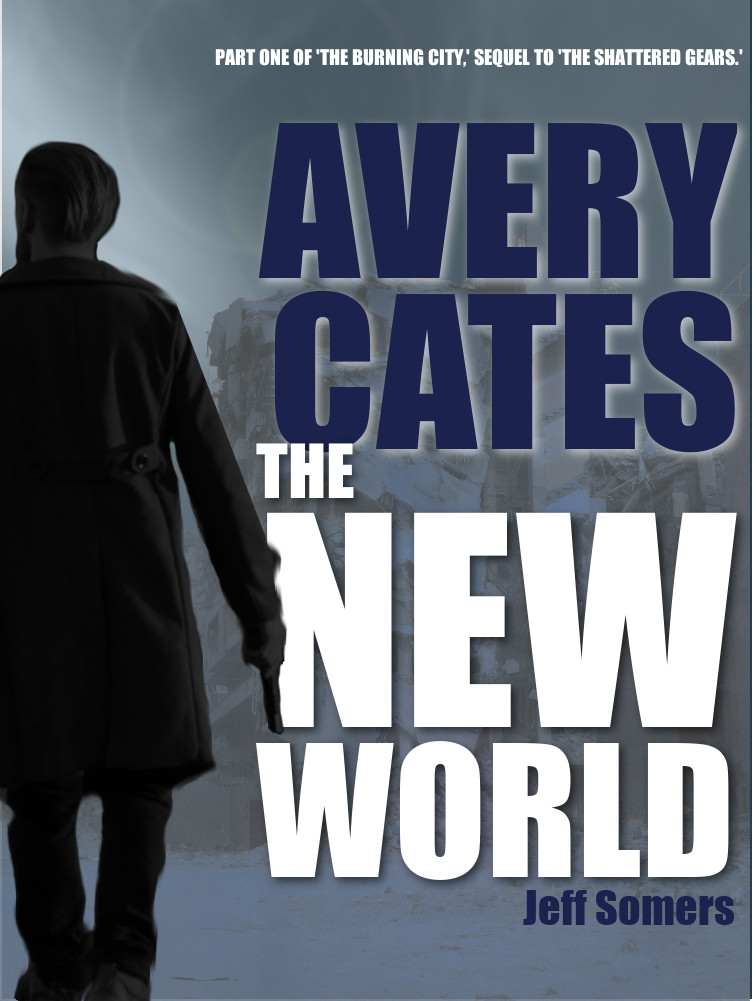 Fiction-wise, also not bad. I finished 11 of my monthly short stories, so far (and trust that I will finish #12 in a few days even if I have to kill all the characters in a plane crash). I also finished 4 other stories outside of that monthly exercise. I didn’t complete any novels this year, but I’m 50k words into one and 40k words into a short-story cycle, so I wasn’t napping. I also finished and completed 50k words worth of novella-length parts of the new Avery Cates novel The Burning City and
Fiction-wise, also not bad. I finished 11 of my monthly short stories, so far (and trust that I will finish #12 in a few days even if I have to kill all the characters in a plane crash). I also finished 4 other stories outside of that monthly exercise. I didn’t complete any novels this year, but I’m 50k words into one and 40k words into a short-story cycle, so I wasn’t napping. I also finished and completed 50k words worth of novella-length parts of the new Avery Cates novel The Burning City and 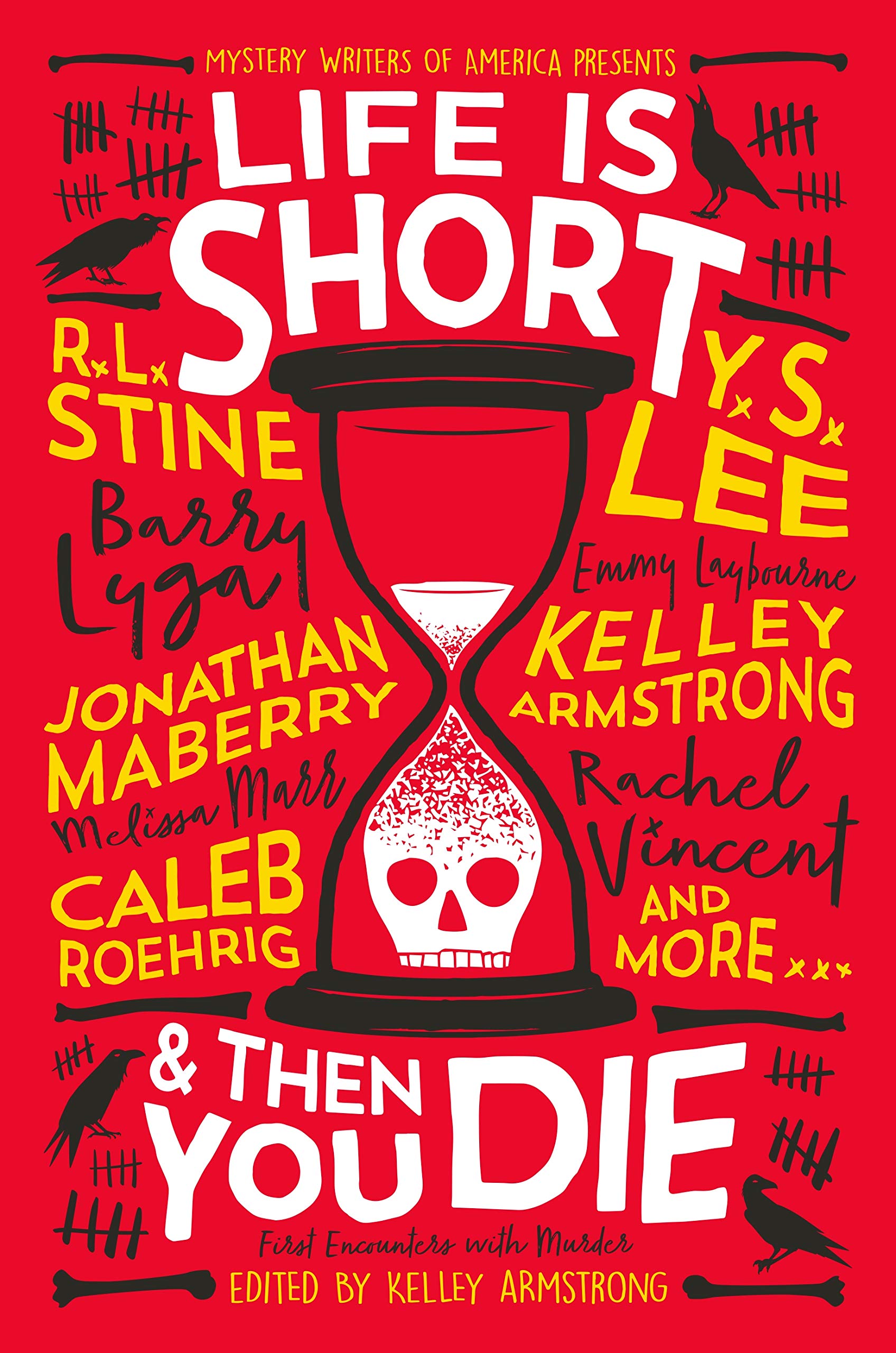 I submitted a ton of stories (74, to be exact; note this doesn’t mean 74 separate stories, but 74 submissions of a few stories I currently think are great), as usual, and sold three of them, of which two have published: The Company I Keep in
I submitted a ton of stories (74, to be exact; note this doesn’t mean 74 separate stories, but 74 submissions of a few stories I currently think are great), as usual, and sold three of them, of which two have published: The Company I Keep in 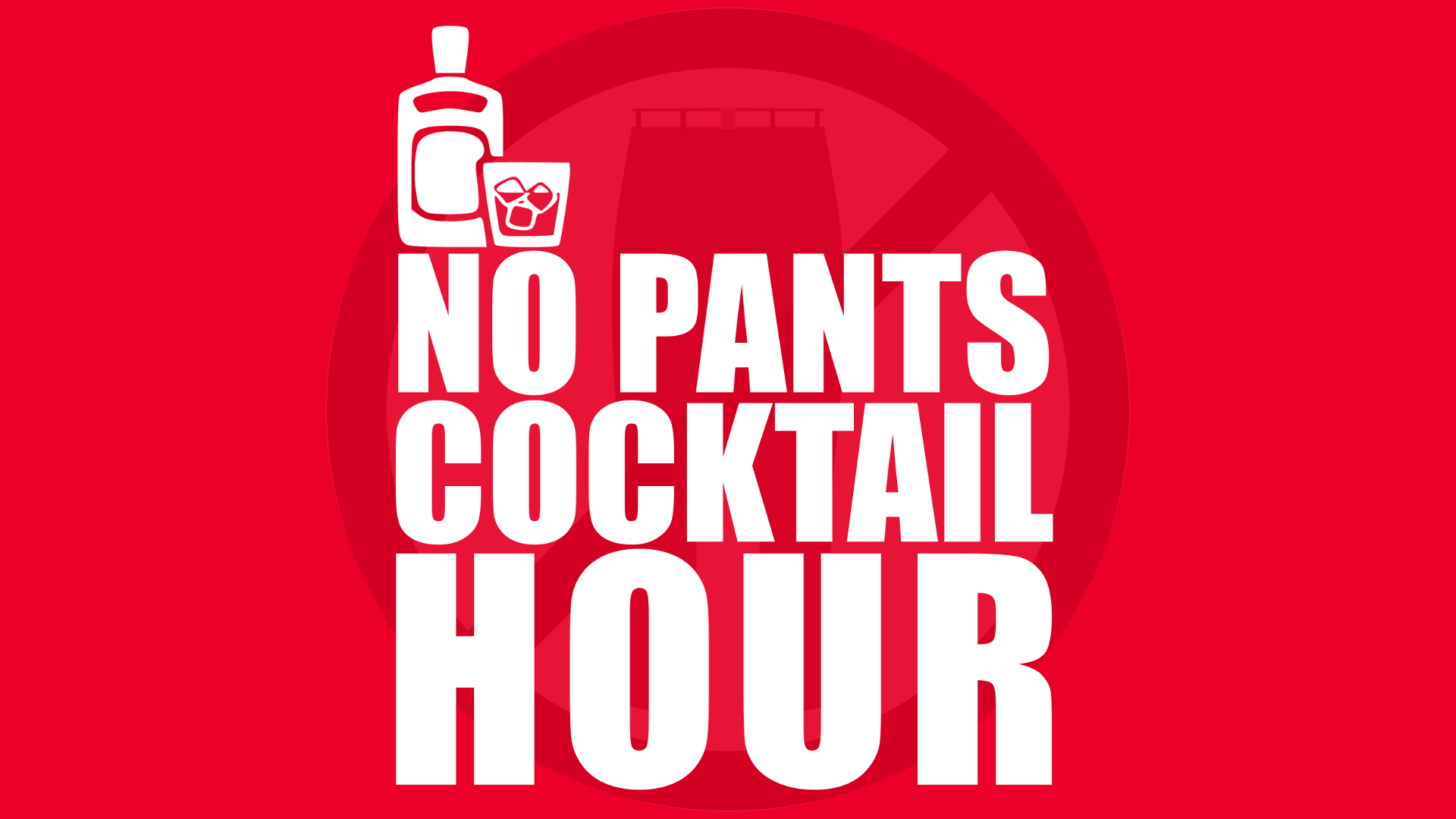 And I started a podcast, like everyone else in this sadly imitative world.
And I started a podcast, like everyone else in this sadly imitative world. 
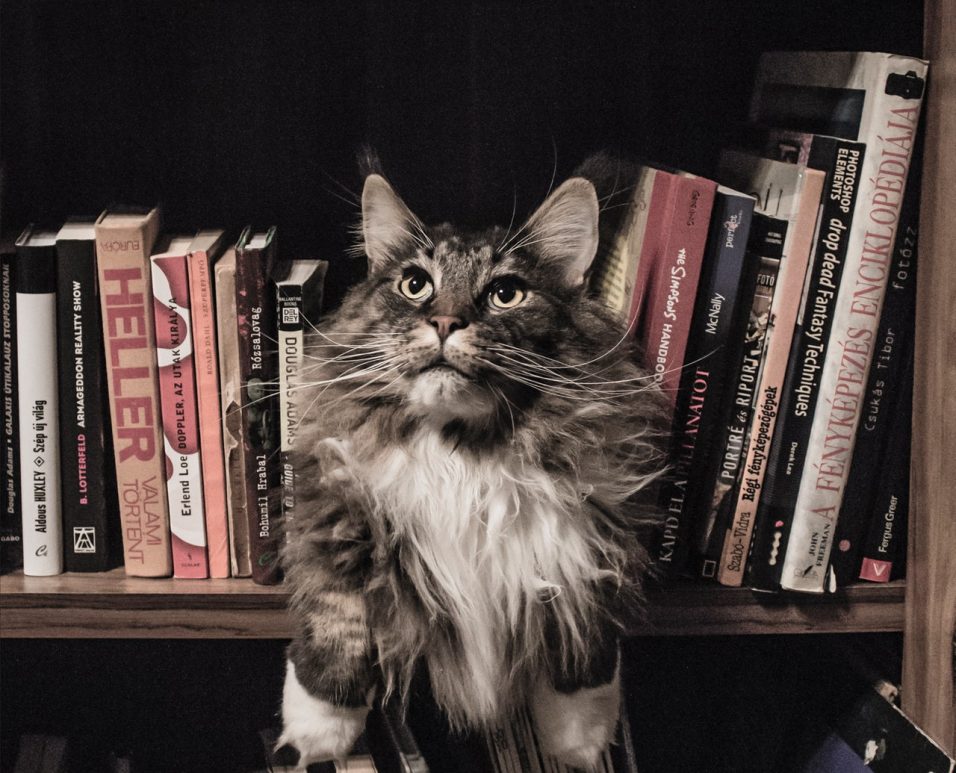
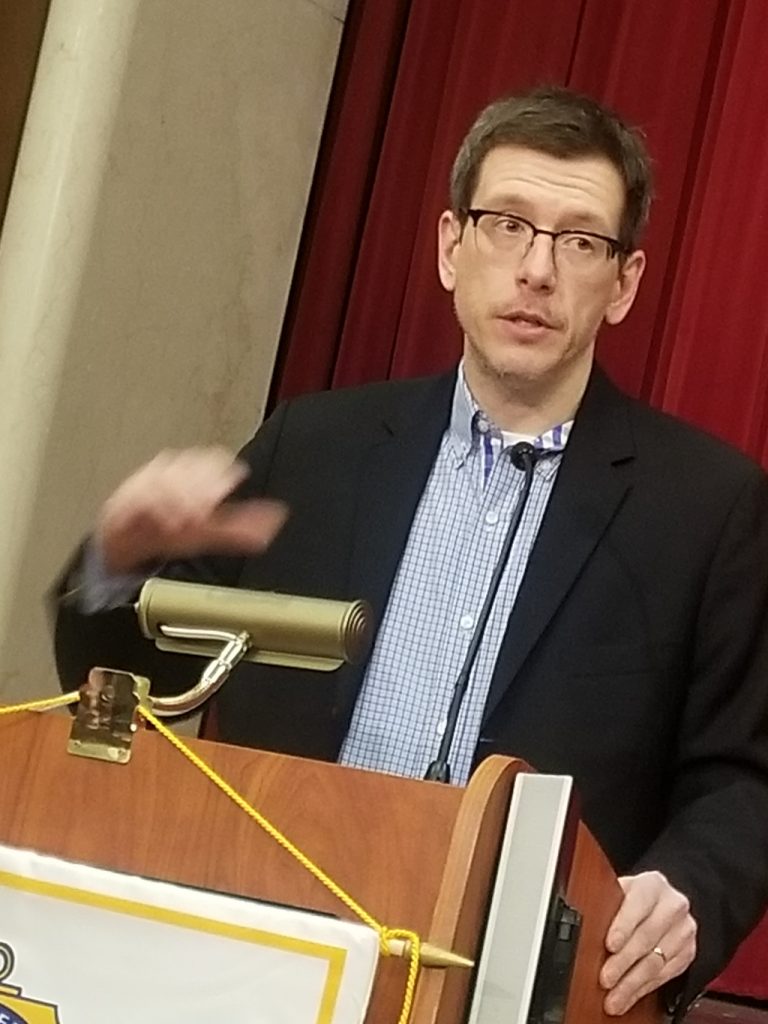
 When it comes to television, The Duchess and I have very low standards. We’re talking The Ranch on Netflix low. I will not apologize.
When it comes to television, The Duchess and I have very low standards. We’re talking The Ranch on Netflix low. I will not apologize.